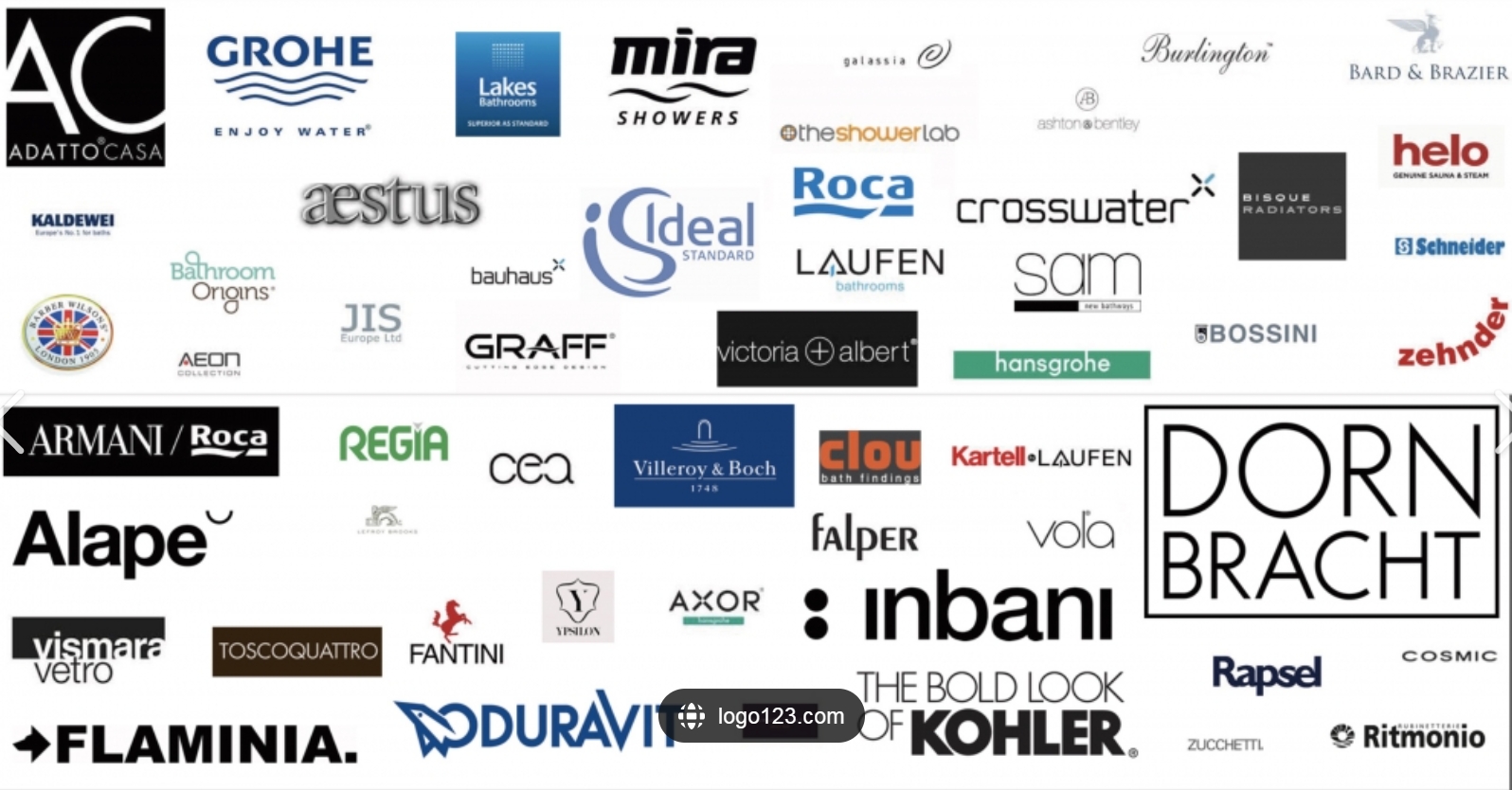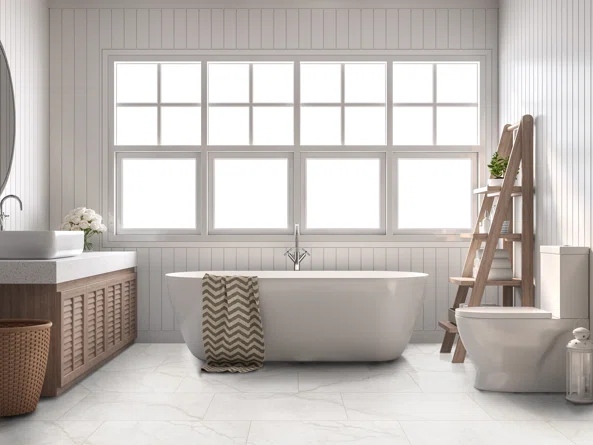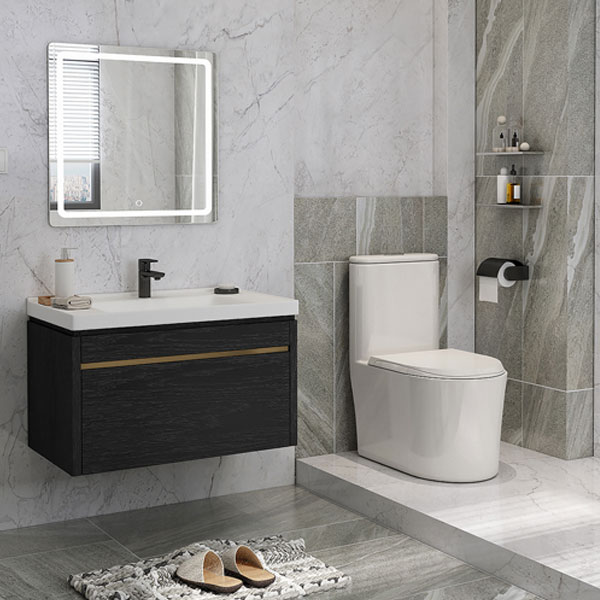Sanitary ware manufacturers play a critical role in the construction and home improvement industries, providing essential products that ensure hygiene, comfort, and functionality in bathrooms and other spaces. From toilets and washbasins to shower trays and faucets, sanitary ware products are integral to maintaining cleanliness and sanitation in modern homes, commercial buildings, and public facilities. The sector is vast and diverse, with manufacturers working to meet varying customer needs, from high-end luxury bathroom fittings to affordable, mass-produced items.
The Scope of Sanitary Ware Manufacturing
Sanitary ware refers to ceramic products used in bathrooms and kitchens to maintain hygiene and comfort. These products typically include toilets, washbasins, urinals, bidets, bathtubs, shower trays, and a range of bathroom accessories like soap dishes, towel racks, and mirrors. The primary material used in the production of sanitary ware is ceramic, though some manufacturers also incorporate materials such as acrylic, stone, and metals, depending on the product and desired aesthetic.
Manufacturers typically offer a wide range of products in different styles, designs, sizes, and finishes to cater to various consumer preferences and architectural demands. The sanitary ware market is influenced by trends in interior design, technological advancements, environmental concerns, and regulatory standards, all of which impact the types of products in demand.
Key Factors Driving the Industry
Several factors contribute to the growth and evolution of the sanitary ware manufacturing industry. One of the most significant drivers is the global rise in urbanization and the growing need for residential and commercial infrastructure. As cities expand and populations grow, the demand for high-quality bathroom products rises, as more people seek comfortable and sanitary living spaces.
Another important factor is the increasing focus on sustainability and environmental consciousness. Modern consumers are more concerned about the environmental impact of their purchases, and sanitary ware manufacturers are responding by offering eco-friendly products that conserve water, reduce waste, and use sustainable materials. Innovations like water-saving toilets, faucets with built-in aerators, and products made from recycled or recyclable materials are becoming more common in the market.
Technological advances are also shaping the industry. Smart bathrooms, which feature advanced technology like motion-sensor taps, self-cleaning toilets, and digital showers, are gaining popularity, especially in high-end residential and commercial projects. Manufacturers are continually working to integrate cutting-edge technologies into their products to meet the growing demand for convenience, efficiency, and luxury.
Leading Manufacturers and Their Contributions
Some of the leading players in the sanitary ware industry include global brands like Kohler, Roca, American Standard, Duravit, and Villeroy & Boch. These manufacturers have made significant contributions to the development of the industry through innovation, quality craftsmanship, and an unwavering commitment to meeting consumer demands.
- Kohleris one of the most recognizable names in the sanitary ware market. Known for its elegant designs and durable products, Kohler has introduced several groundbreaking innovations, such as the touchless toilet and smart faucets, which have set new standards in the industry.
- Rocais another major manufacturer with a strong global presence. With over 100 years of experience, Roca offers a wide range of products that blend design with sustainability. The company is known for its efforts to reduce water consumption and promote eco-friendly technologies in its manufacturing processes.
- American Standardhas been a leading brand in North America for decades, known for producing reliable and high-performance bathroom fixtures. Its product range includes everything from traditional toilets to high-tech smart toilets, meeting the needs of diverse markets.
- Duravitis renowned for its design-forward, high-quality bathroom solutions. Duravit’s products are often seen in upscale bathrooms, and the company works with top designers to create functional, aesthetically pleasing fixtures that elevate the bathroom experience.
Challenges Facing the Industry
While the sanitary ware manufacturing industry has experienced significant growth, it also faces several challenges. One of the primary concerns is the need to balance production costs with the demand for high-quality products. Ceramic products require significant energy consumption during the manufacturing process, and rising energy costs can put pressure on manufacturers to maintain affordability while upholding quality standards.
Additionally, the industry must navigate increasing regulatory demands related to water conservation, waste management, and environmental sustainability. Manufacturers are required to meet these regulations while also staying competitive in a crowded market.

The Future of Sanitary Ware Manufacturing
Looking ahead, the future of sanitary ware manufacturing is closely tied to ongoing trends in sustainability, design, and technology. As consumers continue to prioritize environmental responsibility, manufacturers will likely increase their focus on creating products that reduce water usage, are made from sustainable materials, and are built to last.
Moreover, the growing popularity of smart homes and digital technologies will drive demand for innovative, tech-enhanced bathroom products. Sanitary ware manufacturers who can successfully incorporate smart features while maintaining the functionality and durability of their products will be well-positioned to succeed in the evolving market.
In conclusion, sanitary ware manufacturers are essential to creating the functional and hygienic environments that modern society depends on. Their ability to innovate, respond to market trends, and meet consumer demands for both quality and sustainability will determine their success in the years to come.




